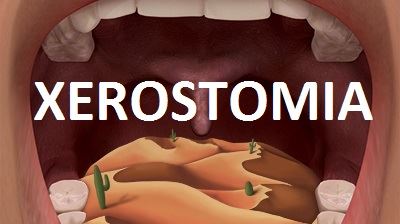
Could You be Suffering from Tooth Decay Because of Dry Mouth?
It is important to know about Dry Mouth because it can cause serious tooth decay.
What is Dry Mouth? Dry Mouth, also called Xerostomia, is when the mouth doesn’t make enough saliva to perform its vital functions such as controlling bacteria and fungi in the mouth which helps to prevent infections and tooth decay. Patients with Dry Mouth can experience tooth decay because of lack of saliva to control the bacteria in their mouth.
I have seen patients who had Dry Mouth from medications they were taking. While certain medications can be one of the causes of Dry Mouth there are other conditions that can cause Dry Mouth. Here are some of them:
- Dehydration – This would include dehydration from illnesses or conditions that cause fever, vomiting, excessive sweating, etc.
- Diseases – Certain diseases such as diabetes, anemia, cystic fibrosis, HIV/AIDS, Alzheimer’s, rheumatoid arthritis, Parkinson’s disease to name a few.
- Damage to the salivary glands – Medical treatments such as radiation and chemotherapy to the neck can damage the salivary glands. Of course, there can also be a situation where the salivary glands have to be removed.
- Nerve Damage – A person could suffer nerve damage from a head or neck injury that could cause the saliva glands to not function or function improperly.
It is important to be aware of this condition because if it goes untreated it can cause serious damage to your teeth.
Some common symptoms of dry mouth include:
- Frequent thirst
- A sticky, dry feeling in the mouth
- A dry, red, raw tongue
- Sores in the mouth, split skin or sores at the corners of the mouth, cracked lips
- A dry feeling in the throat
- Bad Breath
- A burning or tingling sensation in the mouth, especially on the tongue
There are treatments for Dry Mouth that can help prevent tooth decay:
- Hydrate by drinking plenty of water to help keep your mouth moist.
- Brushing with a fluoridetoothpaste and use a fluoride rinse.
- Breath through your nose, not your mouth, as much as possible.
- Use a humidifier to add moisture to the bedroom air.
- Saliva Substitutes – over-the-counter products that help substitute for the lack of saliva.
Most importantly schedule regular exams with your Dentist if you have or suspect you have Dry Mouth!
Dr. Ruth Kenworthy, DDS.

